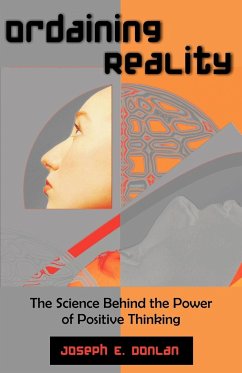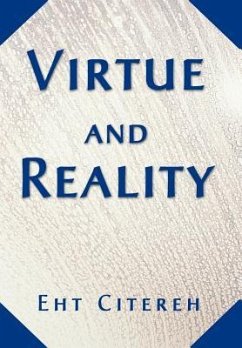Many people believe in the Power of Positive Thinking, but, until now, no one has credibly explained how it works. It has been this author's mission for 30 years to develop a plausible theory to support how mere thoughts can tangibly influence future events. In this book the author presents a paradigm which shows how our right brain hemisphere can tap into a hidden domain which can influence the world around us. To accomplish this, he takes the reader through the subject of physics as it is known today and points out its recognized flaws and problems. He then introduces and explains Eastern Philosophy and ties it into Western Physics. In conjunction with this broadened view he explains how the human brain developed to comprehend both the Eastern and Western views of reality. He then ties all of these notions into a new view of nature which supports the premise that the future can be created with thoughts. In the final analysis he brings his readers through the necessary steps to put this knowledge to work to help them ordain their own reality.
Hinweis: Dieser Artikel kann nur an eine deutsche Lieferadresse ausgeliefert werden.
Hinweis: Dieser Artikel kann nur an eine deutsche Lieferadresse ausgeliefert werden.








